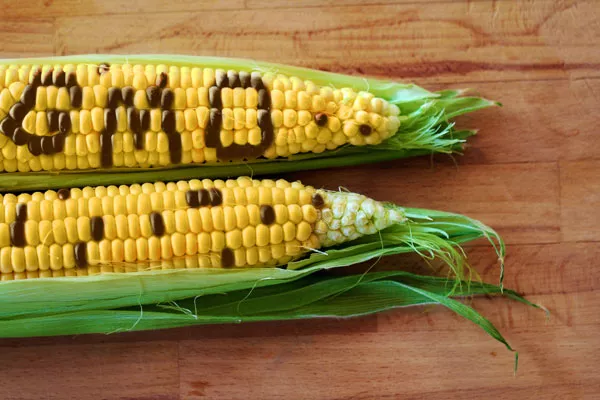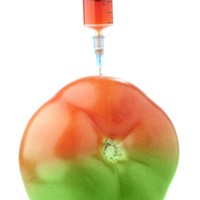In April Vermont's Senate became the first legislative house in the nation to pass a law that would require labeling for foods produced with genetically modified organisms, and a group of Charlotte protesters want North Carolina to follow in its footsteps.
Local organizers and N.C. anti-GMO nonprofit Do Not Alter will host a march against agri-giant Monsanto and the rampant spread of GMOs on May 24 in Marshall Park, joining a worldwide day of protests planned in 52 countries. Co-organizer Catherine Dixon says Monsanto "is knowingly growing and mass distributing genetically modified organisms in the form of toxic crops that are proven cancer forming, to the uninformed public."

Some lawmakers oppose individual state legislation like Vermont's, including Rep. G.K. Butterfield (D-N.C.). Butterfield this month introduced The Safe and Accurate Food Labeling Act of 2014 to Congress. The bill would establish a federal standard for voluntary labeling of GMOs, preempting states from requiring mandatory labeling. It's backed by several agricultural interest groups, including the International Dairy Foods Association, which praised its potential to "affirm the FDA's overall authority for setting the nation's food safety and labeling regulations."
The FDA currently evaluates GMO crops through a "consultation process," encouraging - but not requiring - developers of GMO plants to confer with the agency's Biotechnology Evaluation Team before moving products to market. The majority of GMO crops in the U.S., including corn, canola and soybeans, are not sold directly to consumers but are instead used as ingredients in everything from cereal to salad dressing. GMOs are now present in 75 to 80 percent of processed foods in the U.S., according to the Grocery Manufacturers Association.


